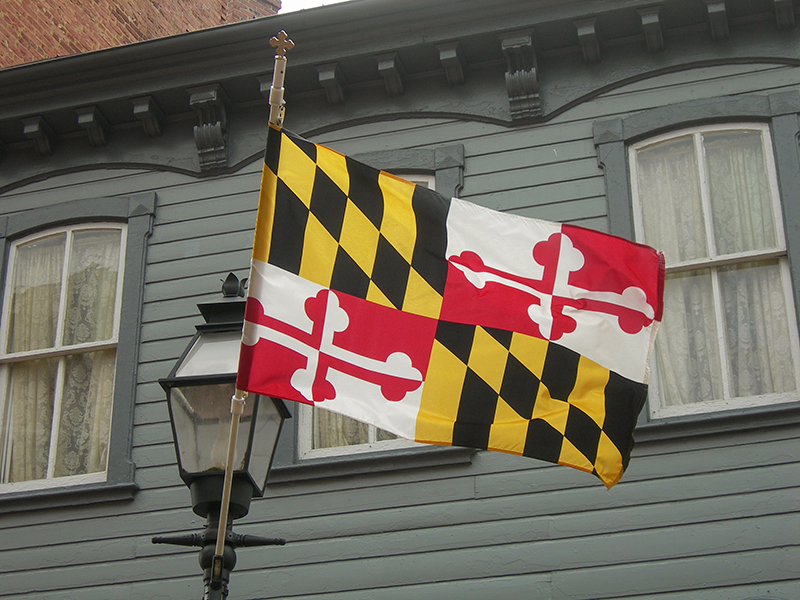
For the second year in a row, Maryland lawmakers stymied a bill that sought to bar transgender athletes from competing on sports teams that match their gender identity.
The “Fairness in Girls’ Sports” bill, sponsored by Del. Kathy Szeliga (R-Baltimore Co.), would have restricted high school athletes on junior varsity, varsity, and intramural athletes to compete on sports teams that match their assigned sex at birth.
The bill would have applied to all public K-12 schools, and would have required private schools whose teams compete against public schools to prohibit transgender girls from being on sports teams designated for females, reports Washington ABC affiliate WJLA.
“Policies with regard to participation in sports are easy to create; there should be no special allowances or rules for gender identity. Bodies play sports, not identities,” Szeliga said after introducing the bill. “As a society, we can celebrate the differences of individuals but hold bodies accountable in sports. The future of every female athlete counts on it.”
But the House of Delegates’ Ways and Means Committee, controlled by Democrats, killed the bill, denying the measure the necessary votes needed to move it out of committee and onto a floor vote.
The committee took similar action last year when Szeliga introduced a nearly identical bill.
The Maryland Senate Committee on Education, Energy, and the Environment is expected to hold a hearing on a similar bill sponsored by Sen. Mary Beth Carozza (R-Somerset, Worcester, Wicomico counties). That measure is also thought to have little chance of passing in the upper chamber, which Democrats control by a 34-13 margin.
Even had it gained traction in either chamber, a transgender sports ban would likely have been vetoed by Democratic Gov. Wes Moore, an ally of the LGBTQ community. Last year, Moore signed a proclamation recognizing March 31 as the “International Transgender Day of Visibility” in Maryland.
In May 2023, Moore signed a law requiring Medicaid to cover the costs of medically necessary gender-affirming care for low-income transgender residents.
A month later, he issued an executive order ensuring that local transgender citizens can access gender-affirming care, and making Maryland a “safe haven” for transgender individuals who are forced to travel across state lines to access such treatments after they are banned in their home states.
At least 25 states — mostly those under Republican control — have passed some form of restrictions on transgender athletes.
It continues a pattern of GOP lawmakers introducing and campaigning on opposition to LGBTQ visibility, particularly concerning transgender individuals, by pushing legislation that would restrict rights that trans people currently enjoy and, in some cases, would erase any mention of them entirely from the law.
One of the Democratic lawmakers who opposed the bill spoke in defense of the transgender community, calling out Republicans for their emphasis on opposition to transgender rights.
“I was looking at the list of anti-trans bills that have been sponsored across the country and it’s not just about the bills that pass, right?” Del. Joe Vogel (D-Montgomery County) said. “It’s the effect on the mental health of trans kids that bills like this have even if they don’t pass.”
Lee Blinder, executive director of Trans Maryland, who testified against the bill, criticized the measure for relying on a “misunderstanding of science and biology” for solely recognizing an individual’s assigned sex at birth and called it “an openly bigoted act against trans-identifying girls.”
“We are deeply embarrassed to see Maryland legislators bullying young trans girls today with this discriminatory legislation,” Blinder said. “You can pick on trans adults if you must, but leave trans minors alone.”



